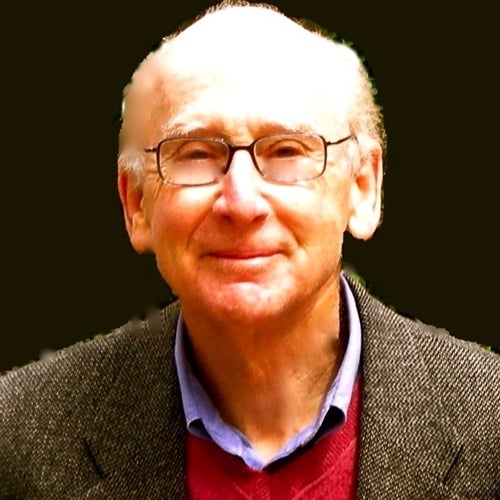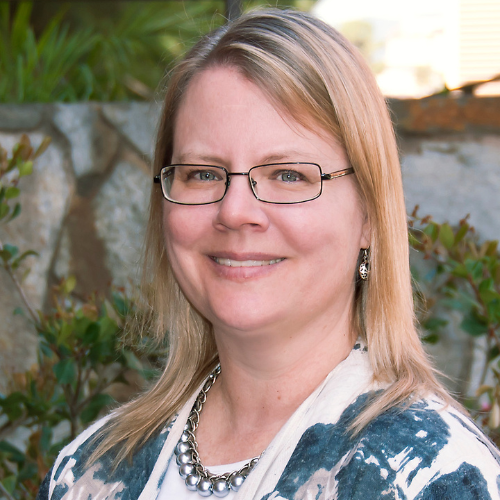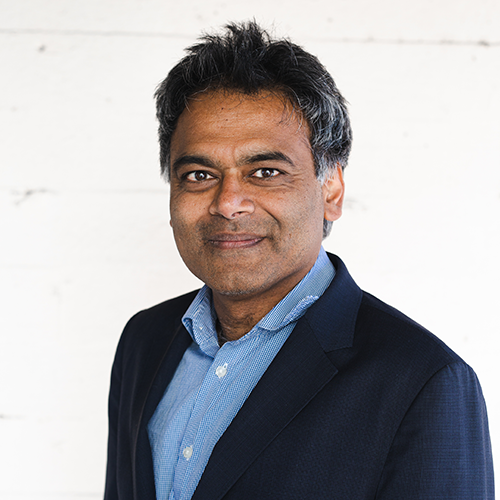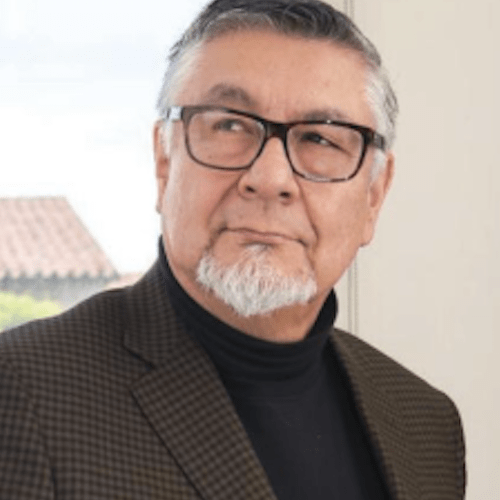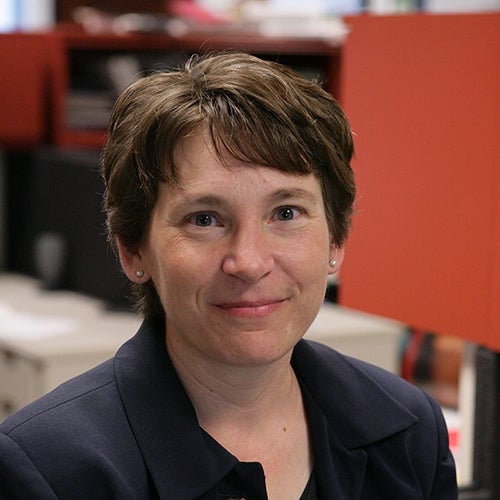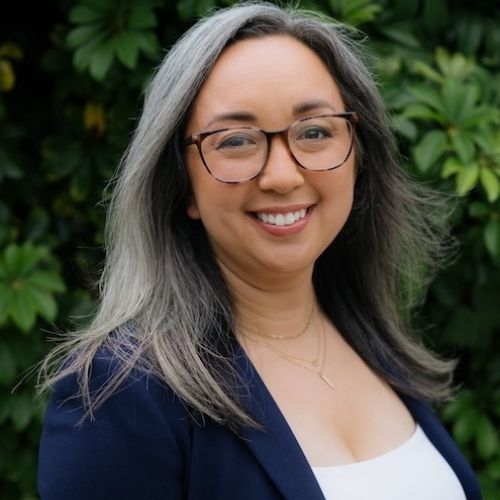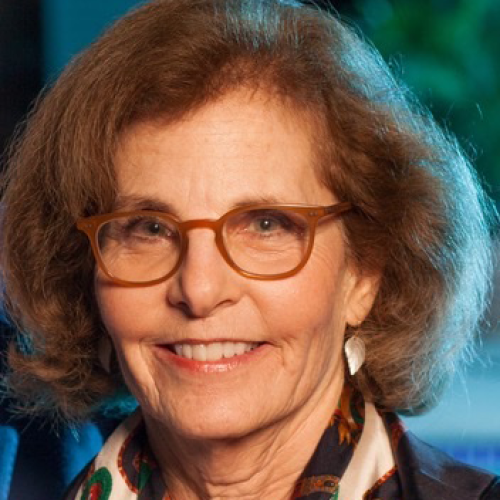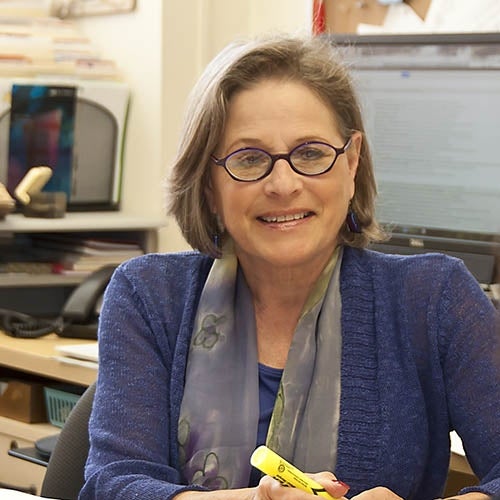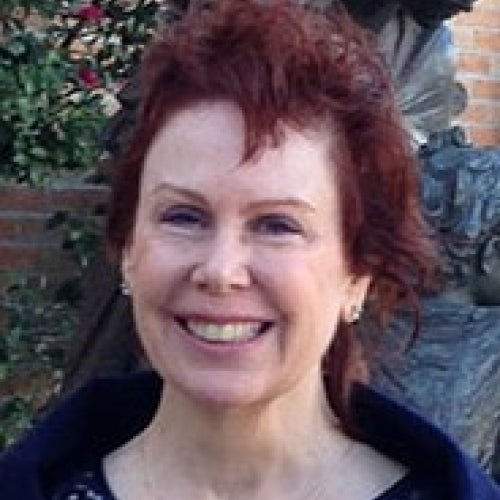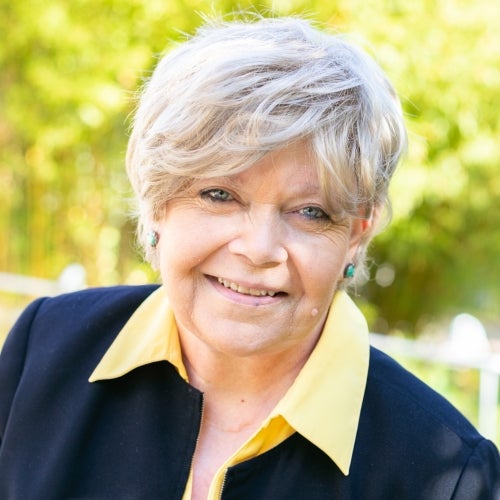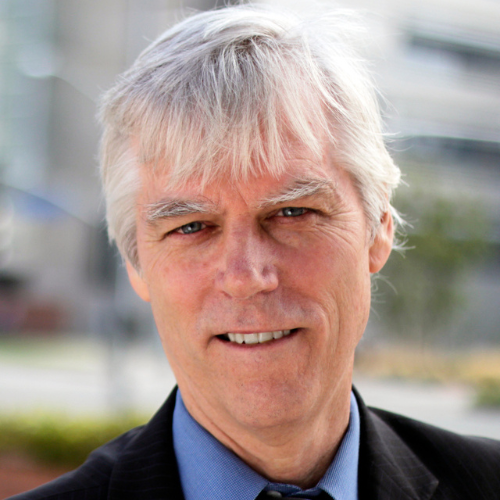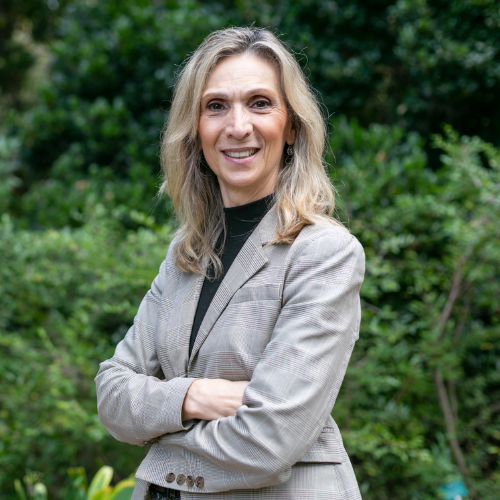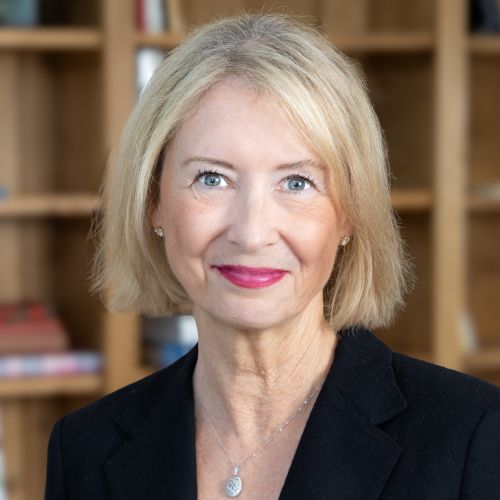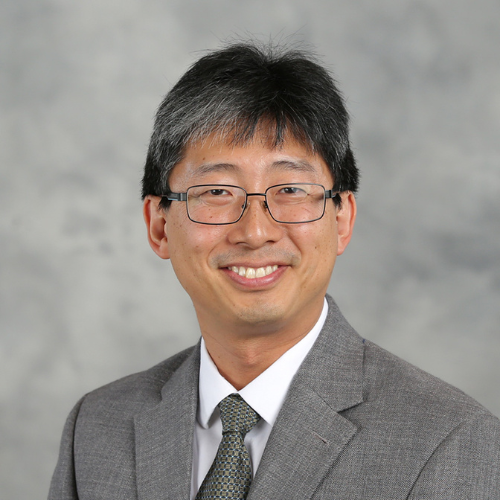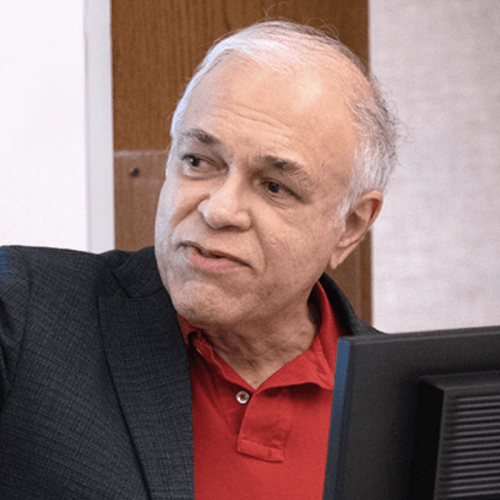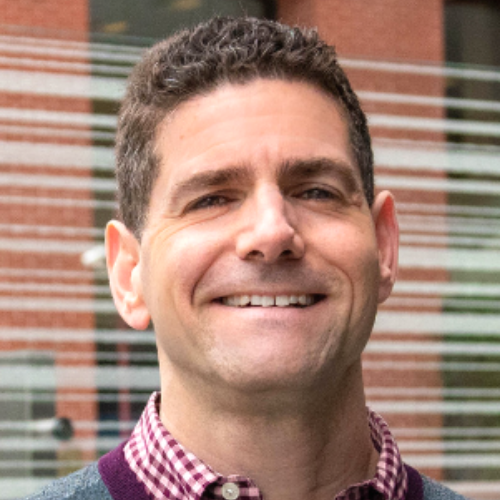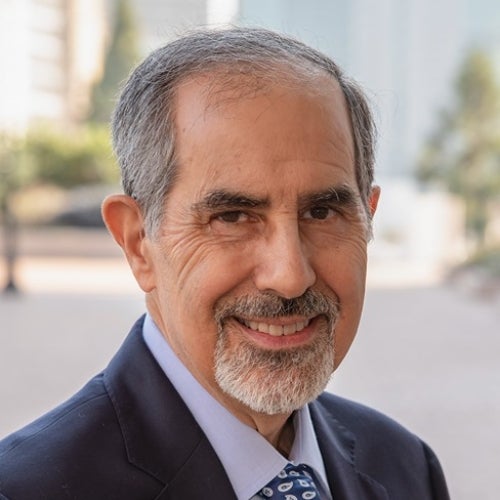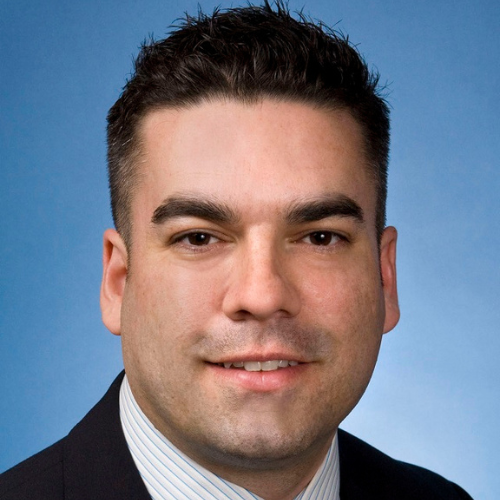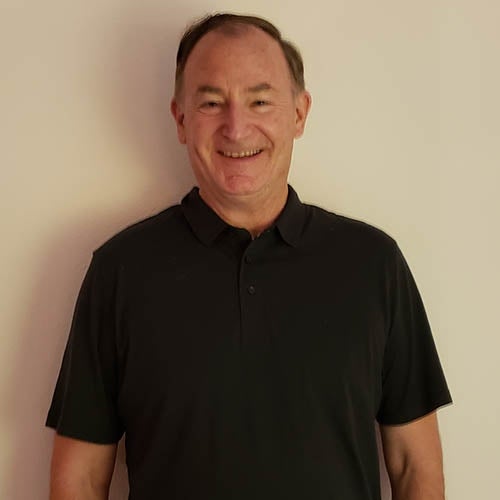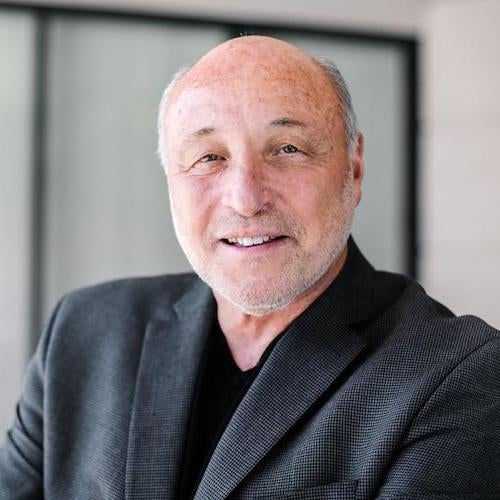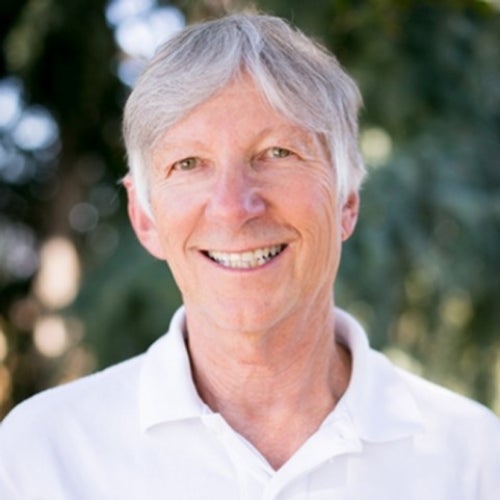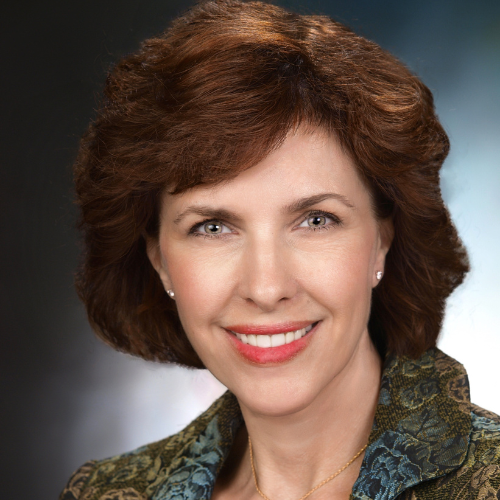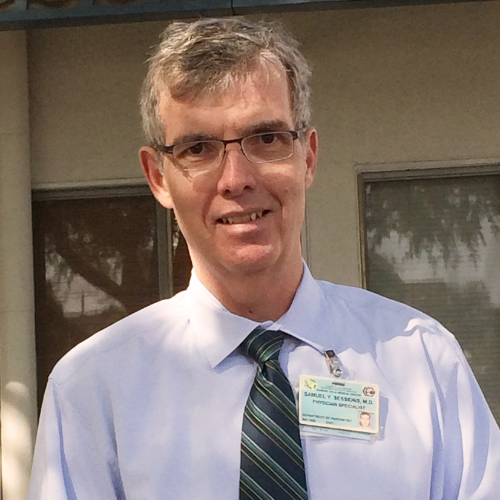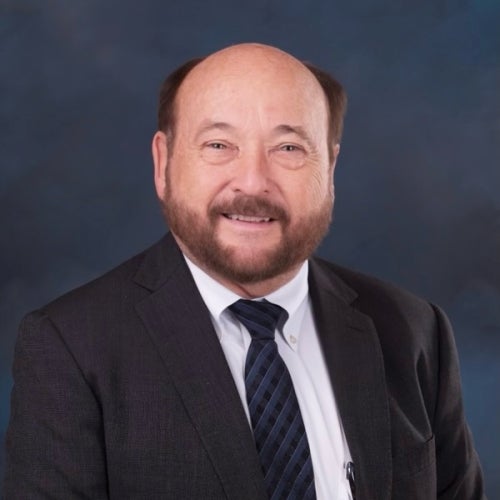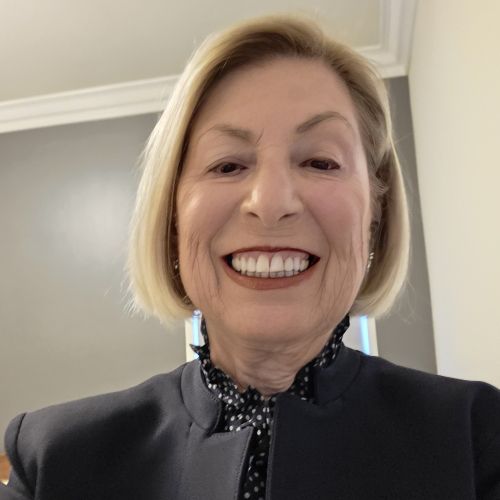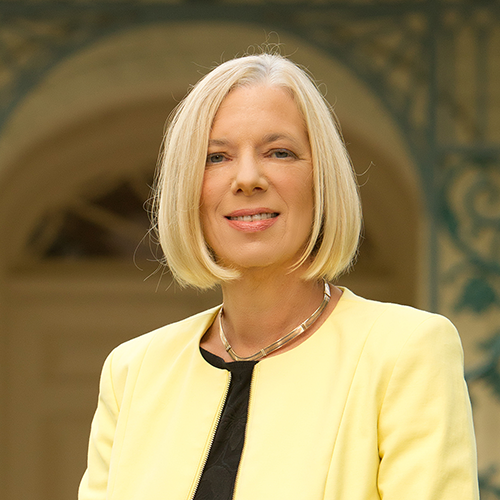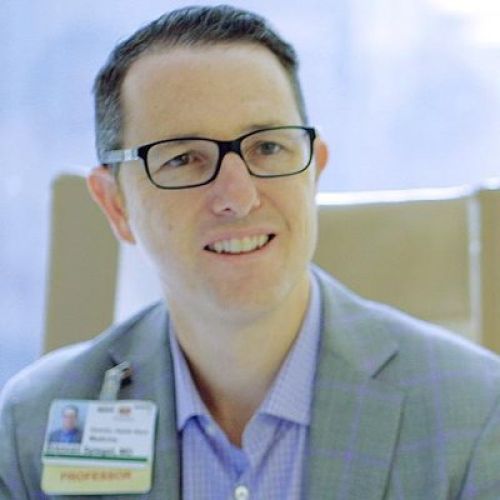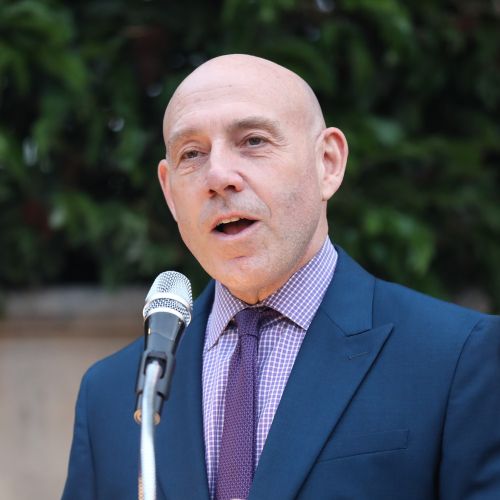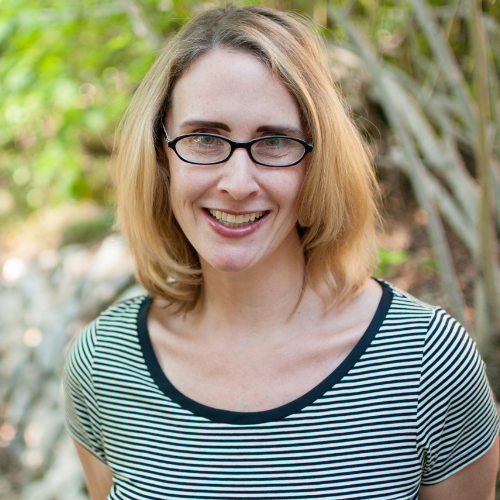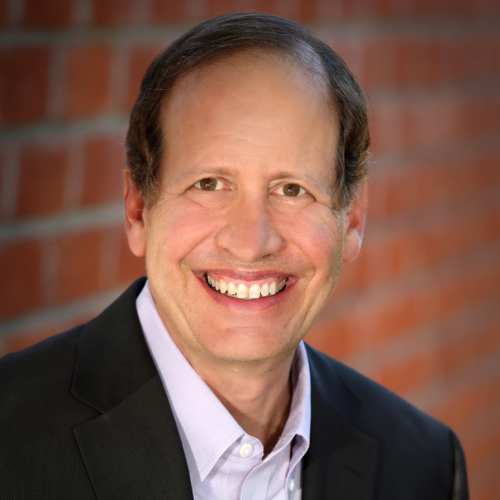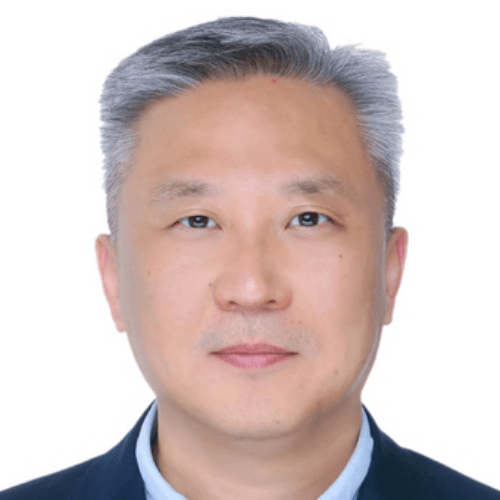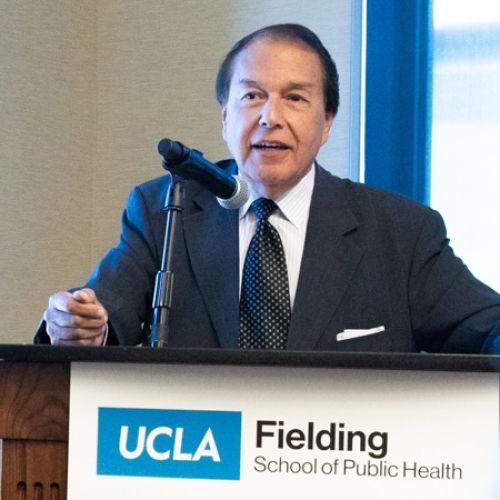‘Bearing witness to daily struggle’ is what drew this doctor to medicine
Dr. Carlos Irwin A. Oronce, in the UCLA FSPH Department of Health Policy and Management, addresses what drew him to public health medicine.
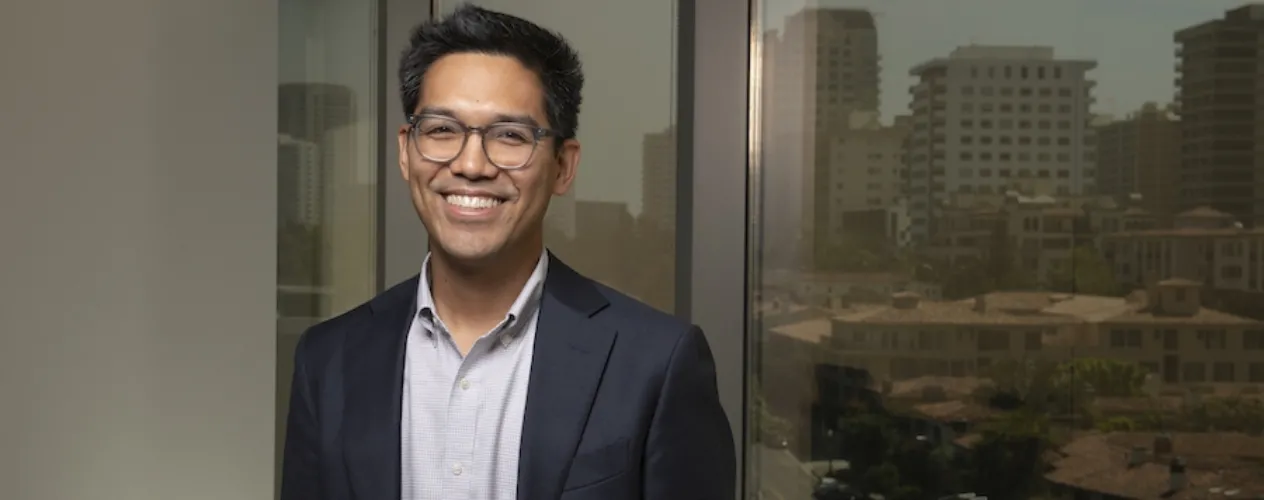
As an AmeriCorps member, Dr. Carlos Irwin A. Oronce saw firsthand how patients struggle to access health care.
In 2021, Oronce, a doctoral student in the UCLA Fielding School of Public Health’s Department of Health Policy and Management and an assistant project scientist in the UCLA Division of General Internal Medicine and Health Services Research, co-authored - with Dr. Ninez Ponce, professor of health policy and management - one of the top ten most-talked about JAMA Health Forum articles. This year, he was honored with one of the most prestigious awards by the Society of General Internal Medicine for the best published research paper of the year.
Oronce – an Advanced Health Services Research Fellow at the Greater Los Angeles VA Healthcare System and a fellow in the Specialty Training and Advanced Research (STAR) Program in the Department of Medicine at the David Geffen School of Medicine at UCLA – once almost chose a path outside of medicine.
“Having grown up in an immigrant household, I didn't receive much guidance on being pre-med, or how to do well in school and what you have to do to get ahead in that career,” he said. “My parents were like, ‘You have to stay in science, You have to stay in science,’ so I did that and I got horrible grades. I almost never made it to medical school.”
Oronce went to college at University of Virginia (UVA), in Charlottesville, where he was exposed to an environment unlike the diverse community he came from in Northern Virginia. Courses in the humanities paired with experiences on campus galvanized his questioning of social justice and the systemic structures of racism.
Though he loved UVA, in many ways it was his first exposure to a Southern institution.
Oronce served as chair of the Minority Rights Coalition on campus and was involved in organizing and supporting protests and vigils. Two specific incidents that stand out to him are a vigil in response to an assault on an LGBTQ student and support of the Sikh Students Association when a member was excluded from a bar due to religious head covering.
“Witnessing frequent use of hate language take place on campus – that really led me to be much more introspective about what I am doing in life,” he said. “I realized I wanted to do more work with policy and civil rights.”
This led to an internship with the White House Office of Management and Budget, sponsored through OCA Advocates, an Asian American civil rights organization, in 2008. He was encouraged to attend hearings on Capitol Hill, where he witnessed doctors testifying about racial health disparities and the ways in which health care systems were failing large swaths of communities.
“Some of those ideas and themes that I now explore in my work were planted during that time,” he said.
After college, Oronce joined AmeriCorps where he worked at a federally qualified health center in Philadelphia. His role was to help patients who were uninsured or underinsured get access to free medicine through assistance programs run by pharmaceutical companies.
During this experience, patients shared with him their stories, circumstances, and struggles with access to health care:
“If you miss the bus stop, you might be 30 minutes late for your appointment, for example. If you're 30 minutes late for your appointment, you may not be seen by the doctor. If you're not seen, you’ve just wasted half of your day. If you work a low-wage job that is paid by the hour, that's one work day that's completely gone,” he explained.
These scenarios are amplified for people who have children or take care of family members.
“Bearing witness to that daily struggle is what drew me back to medicine,” Oronce said.
How hospitals aid their communities
In Oronce’s many roles, health equity is at the root of his work.
One of the projects he’s currently working on looks at how much local governments spend on social determinants of health, specifically on whether Medicare beneficiaries have access to care.
“There's this role for governments to invest in and make it easier for populations to have healthier lives,” Oronce said.
Hospitals, he says, are nonprofit institutions that must provide community benefits to maintain 501c3 nonprofit tax exemption status. His second big project aims at understanding the relationship between how hospitals spend in community health improvement projects and how it affects patient readmission.
Lastly, he’s working on a project that studies the racial and ethnic variation in “low value care services,” or services that don’t benefit the patient and may expose them to harm or extra costs.
“These things include getting an EKG or a blood test right before a really, really minor surgery, like a biopsy of the skin or cataract surgery. You don't always need extra services to do a preoperative evaluation,” he said.
Aside from the large projects he’s leading, he remains passionate about exposing the systemic exclusion of Filipinos.
“For me, seeing stories in the news of Filipino nurses dying, who looked like my mom, my aunts, like my cousins, and uncles, it was profoundly impactful,” he said of the COVID-19 pandemic.
This led to conversations with other Filipino Americans and his mentor, Ponce, who also serves as center director of the Fielding School's UCLA Center for Health Policy Research, about why data on Asian American experiences with COVID-19 were lacking.
“We were all thinking the same thing – that the data didn’t have Filipino Americans in it,” he said. “It almost felt like this structural gaslighting phenomenon, of seeing these stories. We're hearing about it in our families and yet, in the data, Asians are not as at risk of COVID mortality.”
That led Drs. Ponce and Oronce to form the Filipinx/a/o Community Health Association (Fil - CHA).
“It’s really allowed us to think through ways to improve data collection and data disaggregation,” Oronce said. “The way that data collection aggregates Filipinos and all other Asian ethnic subgroups really obscures and makes invisible some of the disparities within the Asian American community.”
This is one of the many ways Dr. Oronce is trying to work “upstream” to address health disparities.
“Whether it's within the walls of the hospital, in the clinic, or outside of the walls of the clinic,” he said, “my ultimate goal is to be able to address health equity and make the health care system more socially responsible.”
by Jocelyn Apodaca Schlossberg
The UCLA Fielding School of Public Health, founded in 1961, is dedicated to enhancing the public's health by conducting innovative research, training future leaders and health professionals from diverse backgrounds, translating research into policy and practice, and serving our local communities and the communities of the nation and the world. The school has 761 students from 26 nations engaged in carrying out the vision of building healthy futures in greater Los Angeles, California, the nation and the world.
Faculty Referenced by this Article

EMPH Academic Program Director with expertise in healthcare marketing, finance, and reproductive health policy, teaching in the EMPH, MPH, MHA program

Dr. Ron Andersen is the Wasserman Professor Emeritus in the UCLA Departments of Health Policy and Management.

Professor of Community Health Sciences & Health Policy and Management, and Associate Dean for Research

Dr. Michelle S. Keller is a health services researcher whose research focuses on the use and prescribing of high-risk medications.
Nationally recognized health services researcher and sociomedical scientist with 25+ years' experience in effectiveness and implementation research.



